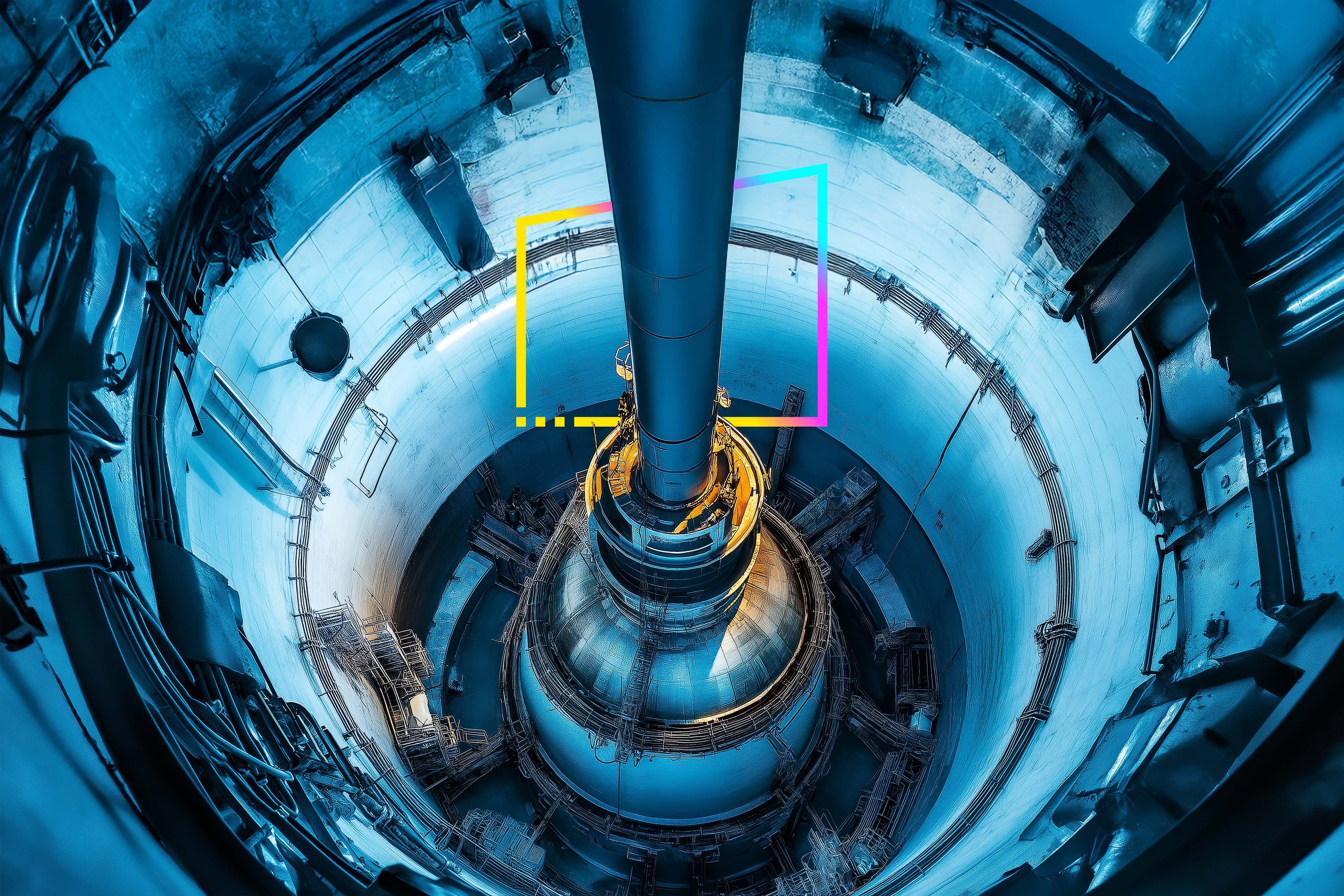EY refers to the global organization, and may refer to one or more, of the member firms of Ernst & Young Global Limited, each of which is a separate legal entity. Ernst & Young Global Limited, a UK company limited by guarantee, does not provide services to clients.
Delhi HC upholds depreciation on business rights, though recorded as goodwill, and on intellectual property rights pending registration in the name of taxpayer
In the case of Daikin Shri Ram Aircon Pvt. Ltd.[1] (Taxpayer), the Taxpayer was engaged in the business of manufacturing and trading of air conditioners and water coolers. As part of a business purchase agreement, the Taxpayer acquired exclusive marketing and business rights for the next 20 years, along with business establishment, from Usha International Ltd. (UIL) in the tax years 2000-01 and 2001-02. The Taxpayer paid INR2 crores to UIL for marketing and business rights, goodwill, and non-competition agreement and classified the whole amount as “goodwill” and claimed depreciation for the same. The Taxpayer also separately purchased manufacturing business, including intellectual property rights (IP rights), such as brand name, logo, patents, and trademarks, from SIEL Aircon Ltd. (SAL) in tax year 2001-02. The Taxpayer claimed depreciation on such IP rights.
In the course of assessment proceedings, the tax authority rejected the depreciation claim on goodwill, as not being a specified intangible asset under Section 32 of the Income Tax Act. The tax authority also rejected the depreciation claim on IP rights on the grounds that IP rights were not registered in the Taxpayer’s name.
On appeal, the first appellate authority (FAA) held that the amount paid to UIL for exclusive rights is akin to license within the meaning of ”intangible asset” and, therefore, entitled to depreciation. Furthermore, placing reliance on certain Supreme Court (SC) decisions[2] , the FAA also held that the Taxpayer may legally use IP rights acquired from SAL and mere absence of registration of IP rights in the name of the Taxpayer will not impact the depreciation claim.
On appeal by the tax authority, the Delhi Income Tax Appellate Tribunal (Tribunal), held that the consideration paid to UIL comprises payment for business rights of INR1.73 crores and the balance INR27 lakhs is attributable to goodwill. The Tribunal sustained FAA’s ruling that payment for exclusive business rights is entitled to depreciation but held that no depreciation is allowable on the goodwill component. Furthermore, the Tribunal also held that on payment of consideration to SAL, IP rights were transferred to the Taxpayer and used by the Taxpayer. Hence, by placing reliance on the SC decisions (supra), the Tribunal held that the Taxpayer was owner of the IP rights and eligible for depreciation.
On further appeal by the tax authority, the Delhi High Court upheld the Tribunal ruling and held that the Taxpayer was eligible for depreciation on exclusive business rights and IP rights.


